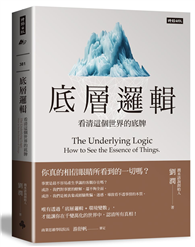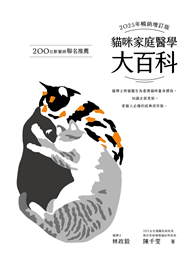The state and civil society were first distinguished by Hegel in The Philosophy of Right as two stages in the dialectical development from the family to the nation. The distinction has remained perhaps the most vital of Hegel's discoveries in political philosophy, though its importance is not confined to the interpretation of Hegel's own views. The essays in this volume, focus on this distinction in their consideration of Hegel's political philosophy - his attempted (re)construction of modern ethical life. Not all the contributors agree in their assessment of Hegel, and they approach his views from a number of directions: setting them against their historical background, critically interpreting them in the context of his own thought and of the subsequent tradition, and evaluating how far they help us to understand present social reality. In past years Hegel's political thought has been the subject of a remarkable growth of interest.
| FindBook |
|
有 1 項符合
pelczynski的圖書 |
 |
$ 2519 | The State and Civil Society: Studies in Hegel’s Political Philosophy
作者:Pelczynski 出版社:Cambridge University Press 出版日期:1984-11-30 語言:英文 規格:平裝 / 340頁 / 22.9 x 15.2 x 2 cm / 普通級  看圖書介紹 看圖書介紹
|
|
|
圖書介紹 - 資料來源:博客來 評分:
圖書名稱:The State and Civil Society: Studies in Hegel’s Political Philosophy
|











